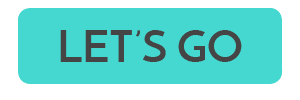
This post deals with suicide and might be triggering for some readers.
For a 10-year-old child living in Australia, the COVID-19 pandemic has been happening for 15 per cent of their life.
And as the Delta variant refuses to loosen its grip on our country, the mental health crisis caused by ongoing lockdowns, particularly among younger Australians, is growing.
As Dr Ruth Vine, Deputy Chief Medical Officer for Mental Health wrote in an opinion piece on the Australian government website, "Australia is facing one of the most significant mental health challenges in our history."
She noted that there had been a particular increase in younger people presenting in distress, something which has been compounded by feelings of helplessness and isolation.
Watch: How to tell if lockdowns are affecting your children. Post continues after video.
Last week The Australian got its hands on a confidential Victorian government report that showed an average of 342 children, aged up to 17, were presenting to emergency departments every week suffering mental health emergencies.



Top Comments